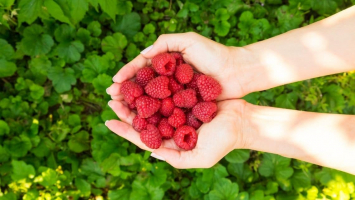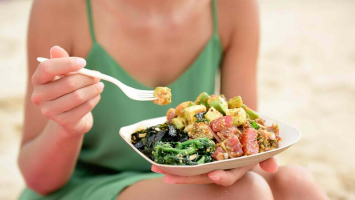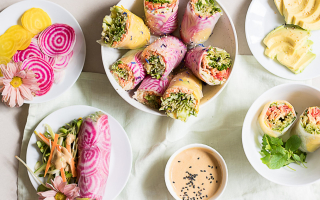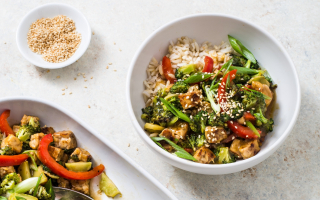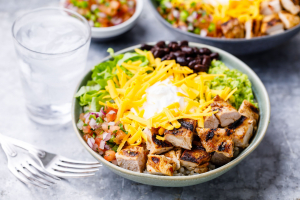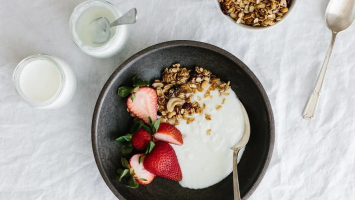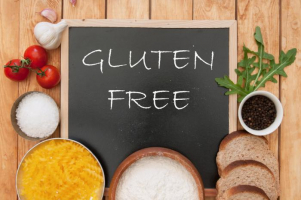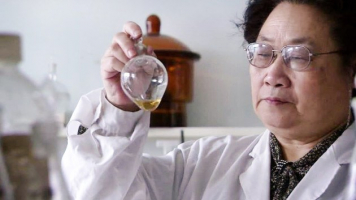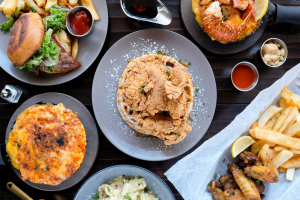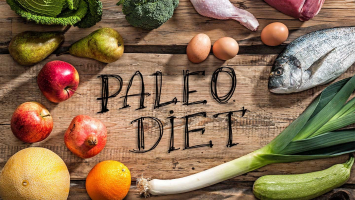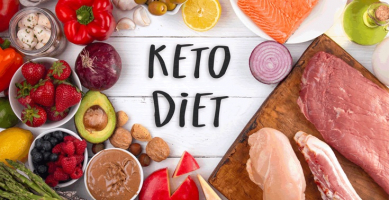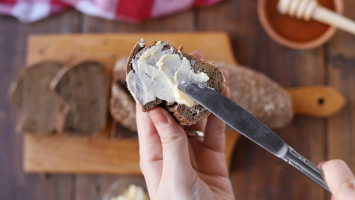Top 5 Vitamins You Need on a Vegan Diet
Both vegetarian and vegan diets are excellent food choices. Numerous health advantages have been associated with them, including a decreased risk of obesity, ... read more...heart disease, and even some types of cancer. However, it might be challenging or impossible to obtain certain nutrients at sufficient levels from plant foods alone. To maintain health or perform physically well, it is crucial to be aware of them and supplement your diet. Below are some of the vitamins you need on a vegan diet!
-
Unwashed organic fruit, mushrooms grown in B12-rich soils, nori, spirulina, chlorella, and nutritional yeast are foods that are frequently promoted as being high in vitamin B12.
Some people think vegans don't need to worry about vitamin B12 shortage if they consume enough of the right plant sources. However, this assumption is not supported by science. While anyone can have low vitamin B12 levels, research reveals that vegetarians and vegans are more likely to be deficient. This seems to be true in particular for vegans who don't take any supplements. Numerous biological functions, such as protein metabolism and the production of red blood cells that transport oxygen, depend on vitamin B12. Additionally, it is essential for maintaining the health of your nervous system. Infertility, bone and heart problems, anemia, and damage to the nervous system can all result from insufficient vitamin B12 intake. Adults should consume 2.4 mcg per day, pregnant women should consume 2.6 mcg per day, and nursing mothers should consume 2.8 mcg per day. Vegans can only reach these levels by consuming foods fortified with vitamin B12 or by taking a vitamin B12 supplement, according to scientific research. Breakfast cereals, soy products, plant milk, and nutritional yeast are all examples of foods that are B12-fortified.
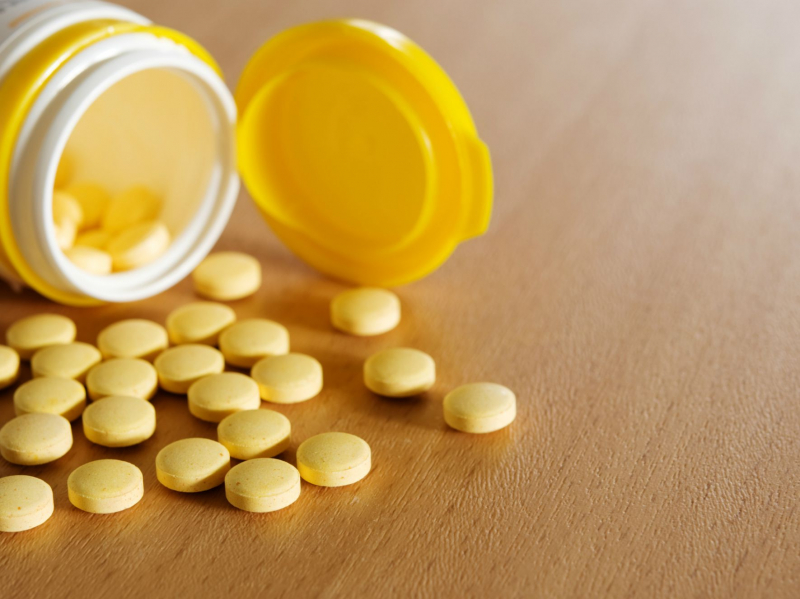
Vitamin B12 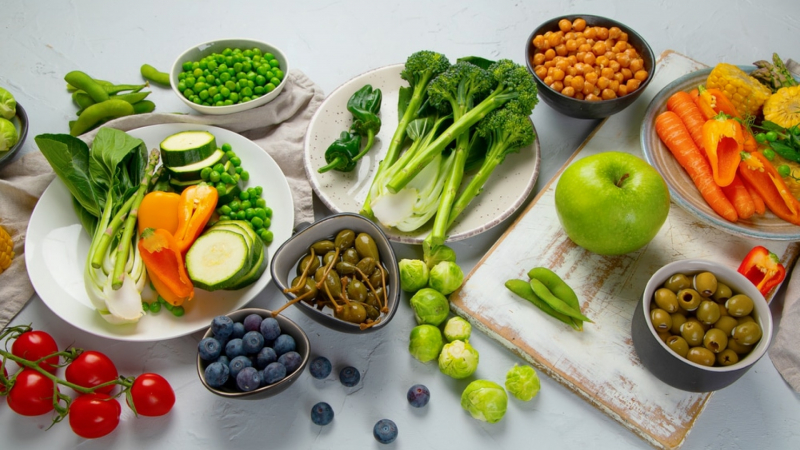
Vitamin B12 -
A fat-soluble vitamin D helps your body better absorb calcium and phosphorus from your stomach. The immune system, mood, memory, and muscular repair are some of the additional vital functions that this vitamin affects.
600 IU (15 mcg) of vitamin D per day is the recommended daily amount (RDA) for both children and adults. The recommended daily intake for pregnant or breastfeeding women is 800 IU. However, certain data indicate that your daily requirements are far greater than the current RDA. Unfortunately, few foods naturally contain vitamin D, and foods fortified with vitamin D are frequently thought to fall short of meeting daily needs. This may help to partly explain the widespread reports of vitamin D insufficiency in both vegans and omnivores. Sunlight exposure can produce vitamin D in addition to the small amount you get from your food. As long as they don't use any sunscreen and expose the majority of their skin, most people may likely make enough vitamin D by spending 15 minutes in the hot midday sun. However, those who are older, have darker skin, reside in northern latitudes or colder climates, or spend little time outdoors might not be able to produce enough.
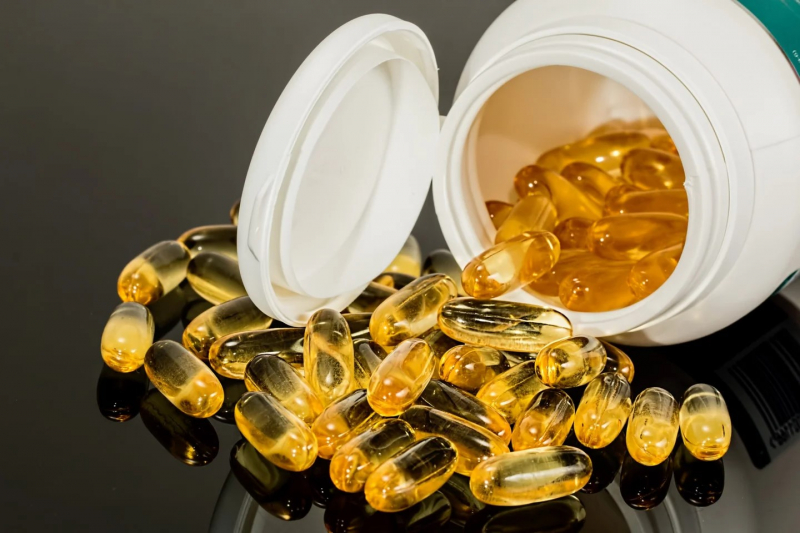
Vitamin D 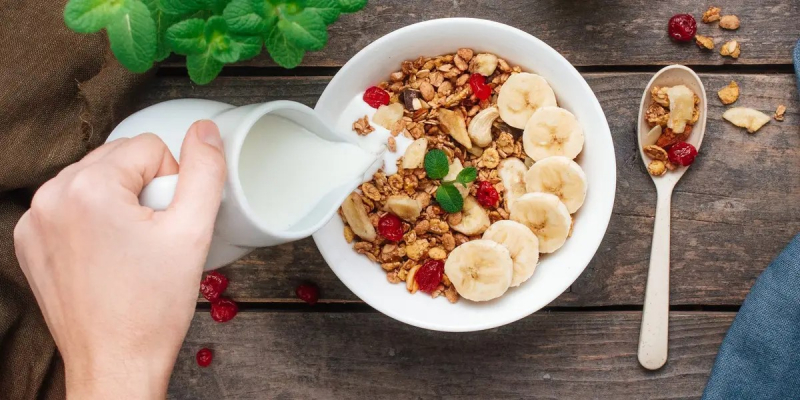
Vitamin D -
There are two types of omega-3 fatty acids:
- Essential omega-3 fatty acids: The only omega-3 fatty acid that is required and must be obtained from the diet is ALA (alpha-linolenic acid).
- Long-chain omega-3 fatty acids: Eicosapentaenoic acid (EPA) and docosahexaenoic acid (DHA) are included in this category. Because ALA may be used to make them, they are not regarded as essential.
Your brain and eyes need long-chain omega-3 fatty acids for supporting structure. The growth of the brain and lowering incidence of inflammation, depression, breast cancer, and attention deficit hyperactivity disorder appear to be other benefits of a healthy diet (ADHD). Studies consistently demonstrate that compared to omnivores, vegetarians and vegans have up to 50% lower blood and tissue concentrations of EPA and DHA. Most medical professionals agree that 200–300 mg should be sufficient daily. Algal oil supplements can help vegans meet this suggested dose.
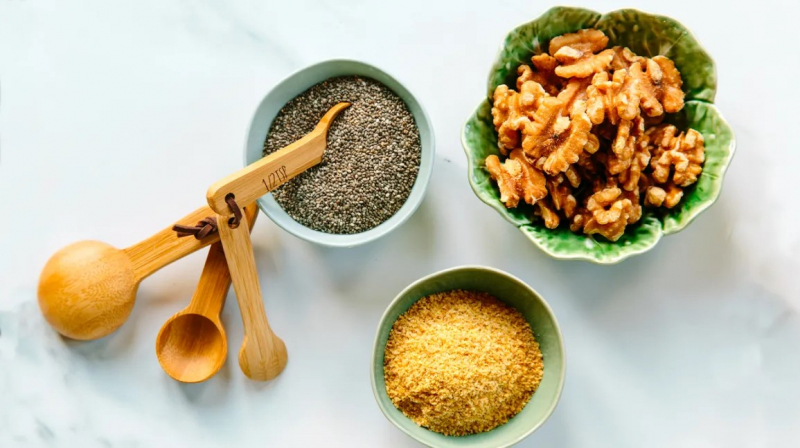
Long-chain omega-3s 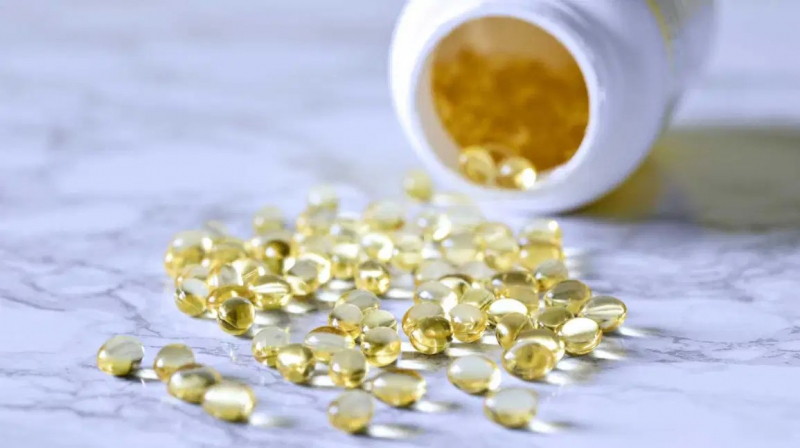
Long-chain omega-3s -
In addition to helping the body make new red blood cells and DNA, iron also helps the blood carry oxygen. Energy metabolism also requires it. Fatigue and a weakened immune system are signs of low iron levels, which can cause anemia.
For adult men and post-menopausal women, the RDA is 8 mg. Adult women should aim for 18 mg per day, while pregnant women should aim for 27 mg per day. The two types of iron are heme and non-heme. Only animal products have heme iron, whereas plants contain non-heme iron. Vegans are often recommended to aim for 1.8 times the normal RDA because heme iron is easier to absorb from your diet than non-heme iron. Vegans who consume insufficient amounts of iron should try to increase their intake of iron-rich foods such as cruciferous vegetables, beans, peas, dried fruit, nuts, and seeds. Foods with added iron, such some plant milk, enriched bread, and cereals, can be beneficial. Additionally, avoiding coffee or tea with meals, and mixing foods high in iron with sources of vitamin C can all help improve iron absorption. Get your hemoglobin and ferritin levels checked by a healthcare professional to see whether supplements are required.
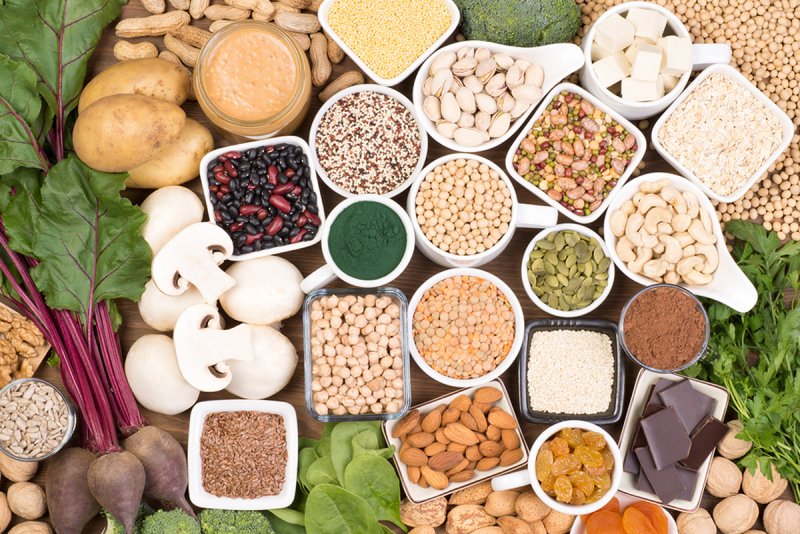
Iron 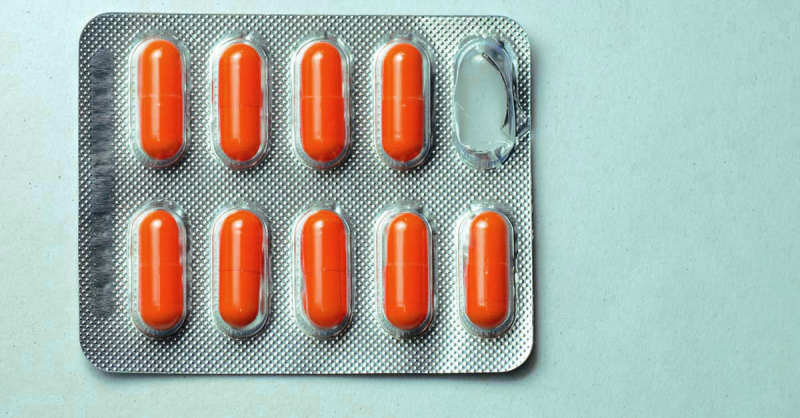
Iron -
Calcium is a mineral that is essential for healthy bones and teeth. It also impacts heart health, nerve signaling, and muscle activity. The recommended daily allowance (RDA) for calcium is 1,000 mg for most adults and 1,200 mg for adults over 50.
Bok choy, kale, mustard greens, turnip greens, watercress, broccoli, chickpeas, calcium-set tofu, and fortified plant milk or juices are some examples of plant sources of calcium. Studies, however, largely agree that most vegans don't consume enough calcium. The vegan community frequently believed that because vegans do not need calcium to balance the acidity caused by a diet high in meat, they have lower calcium requirements than omnivores. To assess how meatless diets affect daily calcium requirements, more research is required. However, research indicates that people who consume less calcium—less than 525 mg—tend to have a higher risk of developing bone fractures. Therefore, it is advised that all vegans aim for the RDA and take in at least 525 mg of calcium daily. If this cannot be achieved simply through diet or fortified foods, supplements should be used.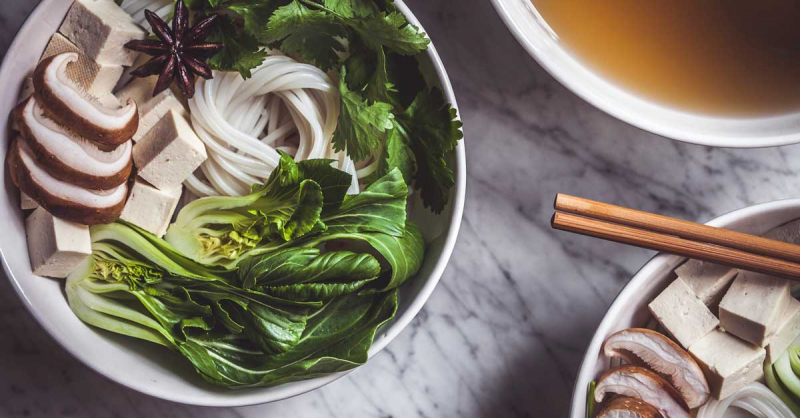
Calcium 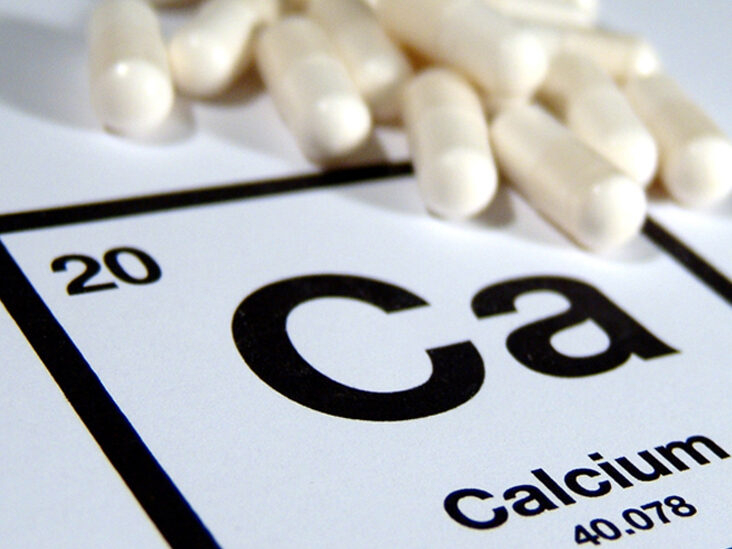
Calcium








